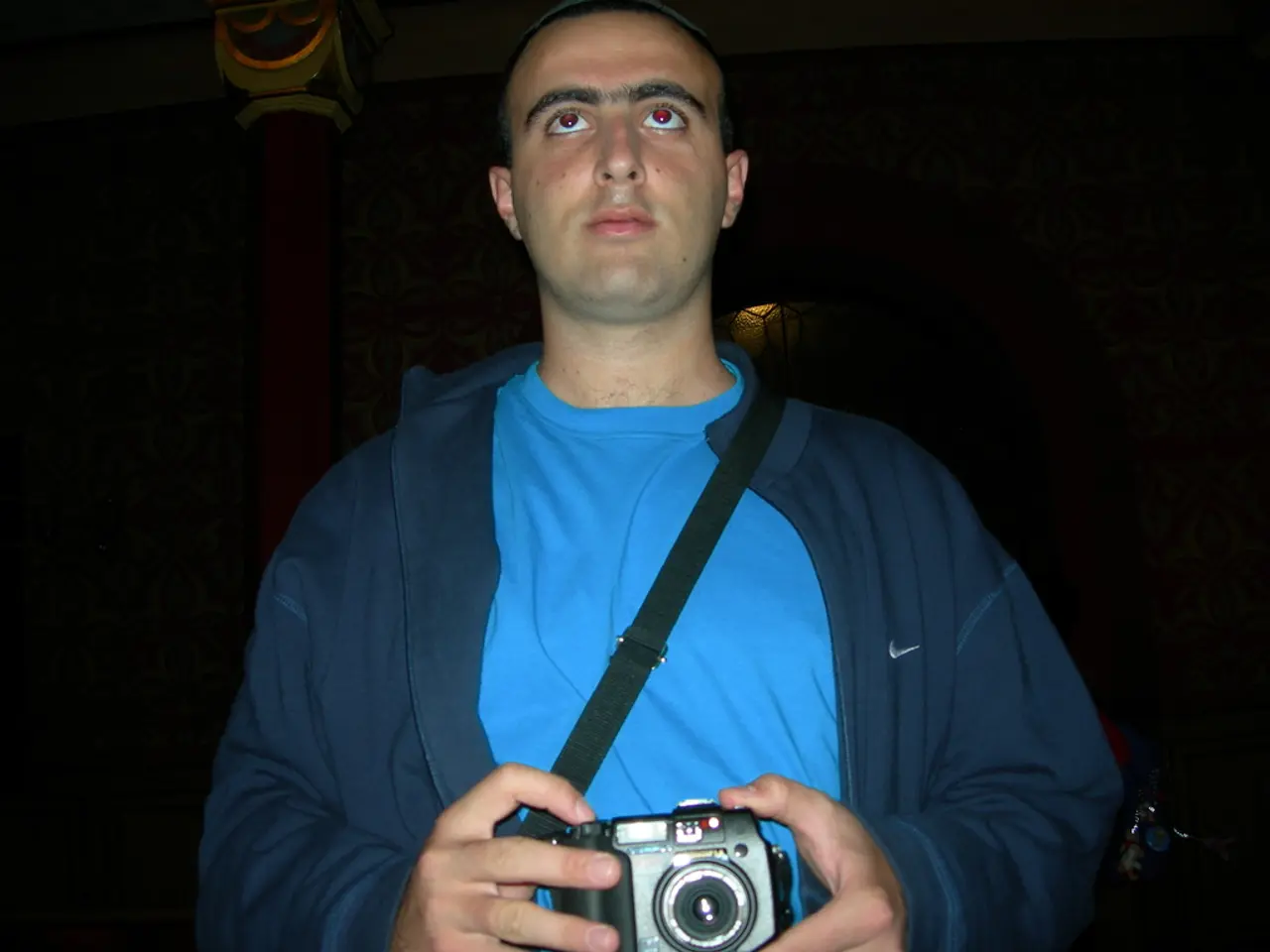U.S. Bankers Continue Bonus Collection While Iceland Imprisons Its 29th Banker
In the aftermath of the 2008 financial crisis, the world witnessed a series of events that shook the global economy. Two countries, Iceland and the United States, provide an interesting contrast in their approaches to banking regulation and accountability.
In the US, banks such as Citigroup Inc., JPMorgan Chase & Co., and Bank of America Corp., have faced significant fines for their roles in the crisis. However, no senior banking executives have been jailed. This contrasts sharply with Iceland, where 29 bankers have been sentenced to prison for their roles in the crisis.
The root of the crisis in both countries can be traced back to a false confidence in high-rated securities that were actually full of junk mortgages. In the US, credit rating agencies, including some of the most prominent ones, were accused of compromising their objectivity to bring in business. They gave junk mortgage-backed securities their highest ratings, leading to a catastrophic chain reaction.
Iceland, on the other hand, took a different approach. Instead of bailing out the banks, the government chose to let them fail and go bankrupt. The focus was on bailing out workaday citizens, with mortgage debts forgiven in some cases when they exceeded 110% of the actual value of the home linked to the loan.
The SEC claims that rating agencies are back to their old tricks, raising concerns of a potential repeat of the practices that contributed to the 2008 financial crisis. Goldman Sachs, an international investment bank, agreed to a fine of $5.1 billion in the US for unspecified reasons, a move that while significant, is not likely to cut too deep into the bank's profits, given its substantial earnings.
The potential for a new bubble economy exists, as many of the key factors that caused the 2008 financial crash are still in place. The popular film and book, "The Big Short," depict a scenario similar to this potential. However, it's important to note that comparing Iceland and the US isn't entirely fair due to differences in population and the relative size of the economies.
The main reasons why top bank managers in the United States and the United Kingdom have not been imprisoned for their roles in the financial crash, while 29 bank managers in Iceland were jailed, include differences in legal frameworks, political will, and regulatory enforcement. Iceland acted decisively due to the direct impact on its smaller economy and stronger political consensus, whereas large countries like the US and UK faced complex legal challenges, powerful financial lobbying, and a tendency to opt for fines or settlements instead of criminal prosecution.
Despite these differences, the lessons from both Iceland and the US serve as a reminder of the importance of robust banking regulation and accountability. The middle class in the US has been significantly affected after the 2008 financial crisis, with a record amount of childhood poverty, underscoring the need for a more equitable and transparent financial system.
Read also:
- Understanding Hemorrhagic Gastroenteritis: Key Facts
- Stopping Osteoporosis Treatment: Timeline Considerations
- Trump's Policies: Tariffs, AI, Surveillance, and Possible Martial Law
- Expanded Community Health Involvement by CK Birla Hospitals, Jaipur, Maintained Through Consistent Outreach Programs Across Rajasthan







